Rita Levi Montalcini Programme

The "Rita Levi Montalcini" Programme for Young Researchers offers b-type fixed-term researcher positions for the implementation of independently proposed research programmes to Italian and foreign scholars and experts who have been carrying out post-doctoral research or teaching activities abroad for at least three years.
The latest call for applications opened on 27 September 2022 and expires at midnight on 27 October 2022. The total budget was of EUR 8,5 million for the funding of a maximum of 36 full-time fixed-term researcher positions, pursuant to Article 24, paragraph 3, letter b) of Italian Law no. 240 of 30 December 2010.
Applications could be submitted by persons meeting both of the following requirements, under penalty of exclusion:
- having obtained a PhD, or an equivalent qualification, after 31 October 2015 and by 31 October 2018. The date on which the PhD degree is awarded corresponds to the day on which the final examination is passed
- at the time of submitting the application, having been permanently engaged in teaching or research activities at qualified foreign university or research institutions for a period of at least three years. The term 'permanently' refers to an active and ongoing period of at least 30 months over the three-year period.
The call for proposals and the application form were available on the website: https://bandomontalcini.cineca.it/
Contacts: International Research Office - Individual Funding Office - research@unive.it
Funded projects
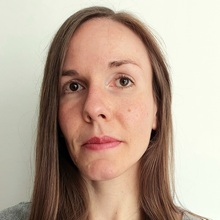
Francesca Antonini
Conceptualising Political Leadership. Bonapartism and Caesarism in the European Political Thought of the Interwar Period
Re-reading the interwar period (1918-1939) through the lenses of the Caesarist-Bonapartist model will allow us to escape from the simplifying dilemma of whether the mass politicisation was democratic or not and, as a consequence, to better grasp the variety of political solutions that lie between the two opposite theoretical poles of dictatorship and democracy. Francesca Antonini's project will provide a thorough investigation of the use of these categories in intellectual and political debates in Europe, notably, Austria, Germany and Italy.
Before returning to Italy and working at the Department of Linguistic and Comparative Cultural Studies of Ca' Foscari, thanks to the Rita Levi Montalcini programme (Call 2020), Francesca Antonini was a post-doc researcher at the Université de Lyon/ENS de Lyon and postdoctoral fellow at the Lichtenberg-Kolleg / Moritz-Stern-Institut (Georg-August-Universität Göttingen).
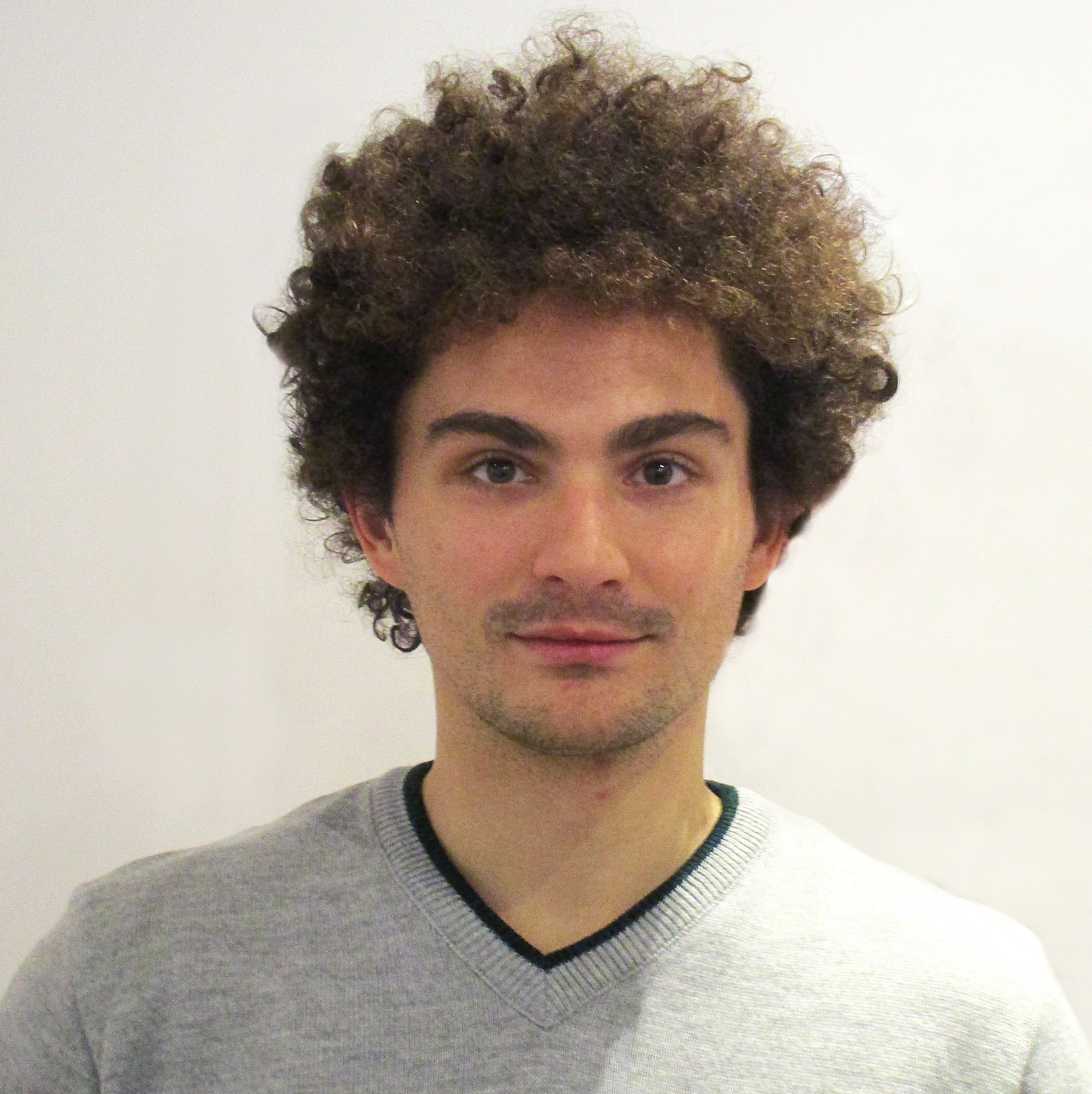
Lorenzo Bastianello
Mathematical modeling of individual and collective decisions
The research project has three objectives:the first is to provide mathematical models that can describe how to make rational decisions in contexts where time and uncertainty are relevant (for example, should government lockdown or not?). The second is to study, in the context of bargaining theory, how a probabilistic approach can help divide an object. Finally, the third is to propose new concepts of equilibrium and strategy that generalize pre-existing ideas in game theory.
Lorenzo Bastianello has been a researcher (maître de conférences) at the Université Paris 2 Panthéon-Assas from 2017 to 2022. Thanks to the Rita Levi Montalcini programme (2019 call for applications), he holds the position of researcher at the Department of Economics of Ca' Foscari.
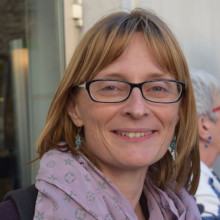
Cristina Fossaluzza
Between Culture and Politics. The Construction of Europe in the 20th Century
The research project aims at investigating various aspects of the concepts of ‘Europe’ theorised in German-speaking countries in the 20th century and understanding whether and how they can be interpreted as answers to crucial questions posed by History. It is also intended to contribute to the recent discussion on European integration and intercultural relations from the standpoint of literary studies.
Cristina Fossaluzza was a researcher and scientific coordinator at the University of Kassel. Thanks to the prestigious Rita Levi Montalcini programme (2009 call for applications), she became an associate professor of German Literature at Ca’ Foscari’s Department of Linguistics and Comparative Cultural Studies.

Alessandra Gilibert
Civic Communities and Public Space in the Ancient Near East: Hittite Anatolia and the East at the End of the Late Bronze Age (14th-13th c. BC)
The project is aimed at studying the intertwining of public space and political life in the cities of the ancient Near East, starting from the case of Ugarit, an important port in the eastern Mediterranean under the control of the Hittite empire. Using recently developed computer techniques, the project aims at extracting information on the civic life of the inhabitants, modes of aggregation and control, and places of antagonism and protest from the map of the ancient city.
Alessandra Gilibert, a researcher at Freie Universität Berlin, was an adjunct professor at the Institute for Prehistoric and Protohistoric Archaeology of Near East at Masaryk University in Brno (Czech Republic). She then took up a position at Ca' Foscari under the Rita Levi Montalcini programme (2013 call for applications) and the Marie Curie European Fellowship. She is currently associate professor of Archaeology at the Department of Humanities.
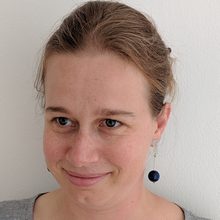
Ilaria Prosdocimi
Estimation and Causal Attribution of Change in the Risk of Natural Events Using Non-Parametric Regression Models
The research programme aims at developing a statistical model to estimate as accurately as possible the risks generated by climate change. This model would provide a useful tool for understanding the interactions between autocorrelation, non-stationarity and the distribution assumed for the data. In order to make an accurate study of possible changes in data time series, it is necessary to use the most appropriate statistical model.
Ilaria Prosdocimi was a lecturer at the University of Bath, UK. Thanks to the prestigious Rita Levi Montalcini programme (2016 call for applications), Ilaria returned to Italy, taking up a position as a researcher and then as associate professor at Ca' Foscari's Department of Environmental Sciences, Informatics and Statistics.
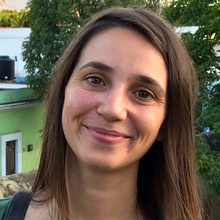
Giulia Rispoli
Planetary genealogies: Historicizing the Anthropocene
This research contributes to the study and evaluation of the historical, epistemological and scientific foundations of the Anthropocene, a term that indicates a new geological epoch characterized by the global impact of human activities on the planet. In particular, the project aims to study and reconstruct the genealogies of two notions - the "biosphere-geosphere" and the "Earth system" - and how they help reveal different ways in which our planet was conceived and represented in the 20th century in relation to human influence.
Giulia Rispoli was a Research Scholar at the Max Planck Institute for the History of Science. Thanks to the Rita Levi Montalcini programme (2019 call), she returned to Italy, taking up a position at Ca' Foscari's Department of Philosophy and Cultural Heritage.
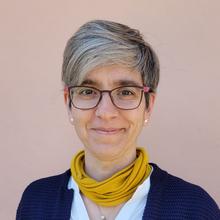
Piera Rossetto
Gender, Ageing and Migration: Memory and Jewish Masculinities from North Africa and the Middle East
Based on the case study of Jewish migrations from the Middle East and North Africa to Europe from the 1950s to 1970s, the project will apply the lenses of age and gender to examine memories of forced migration and will consider the memory narratives of migrants’ children to be a "later coping strategy" for handling their parents’ traumas during the migration process.
Piera Rossetto holds a PhD in Languages and Civilisations of the Mediterranean (University of Venice) and in Socio-historical Anthropology (EHESS-Toulouse). She has been Hertha Firnberg Post-doc Fellow and Lecturer (2018-2022) at the Centre for Jewish Studies - University of Graz (Austria) and returns to Italy, becoming researcher at Ca' Foscari, thanks to a Rita Levi Montalcini funding (call 2020).
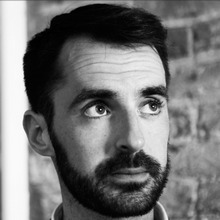
Adrián J. Sáez
Canon, Poetics and Painting: Aretino in the Spanish Poetry of the 16th-17th Centuries
The project intends to carry out an interdisciplinary analysis to examine Aretino's great impact on the Spanish poetry of the 16th and 17th centuries, while at the same time making it possible to re-evaluate certain less-studied sections of Aretino's works by means of four elements: the strategies for constructing a modern authorial identity, the comic reaction against Petrarchan fashion, the genre of burlesque predictions and the management of ekphrasis and artistic poetry in general. This way, both the literary and artistic canon as well as certain poetic modes and the gallery of pictorial-literary relations between Italy and Spain are studied.
Adrián J. Sáez holds PhD degrees from Universidad de Navarra (Spain) and Université de Neuchâtel (Switzerland), where he worked, as well as from Universität Münster and Universität Heidelberg (Germany). Thanks to the Rita Levi Montalcini programme (2016 call for applications), he became a researcher at Ca' Foscari's Department of Linguistics and Comparative Cultural Studies, where he is now associate professor.
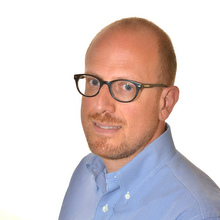
Simon Levis Sullam
The Catholic Way to Anti-Semitism: Production, Transformation and Influence of Anti-Jewish Religious Traditions as a Source of Political Legitimation in Italy and France (19th-20th century)
The project investigates the modern developments of what is traditionally known as Catholic anti-Judaism, its influence on the emergence of political anti-Semitism in Europe in the late 19th and early decades of the 20th century and the ways in which it was used as a source of legitimisation by the Church and the Catholic world.
Simon Levis Sullam was a research fellow at the University of Oxford. Thanks to the Rita Levi Montalcini programme (2009 call for applications) he joined Ca' Foscari, later becoming associate professor of Contemporary History at the Department of Humanities.
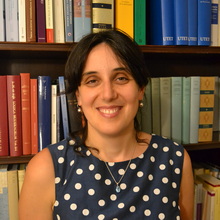
Caterina Tarlazzi
NATURA: Reassessing Realism over Universals in the Time of Peter Abelard
Caterina Tarlazzi is a scholar of History of Medieval Philosophy in the Latin context between the 9th and 12th centuries. The project concerns the debate on universals (i.e., what is the nature of genera and species) in the time of Peter Abelard and his Realist rivals.
After completing her education in Padua, Cambridge and Paris, Caterina worked at the University of Cambridge, Universität Wien and Université de Genève, and then joined Ca' Foscari through the Rita Levi Montalcini programme (2017 call for applications) and the Marie Curie Global Fellowship in collaboration with Notre Dame University (USA). With Ca' Foscari she also won a prestigious ERC - European Research Council funding and continued her career as associate professor at the Department of Philosophy and Cultural Heritage.
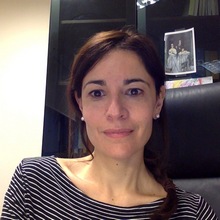
Olga Tribulato
Greek Dialects and Alexandria
The Rita Levi Montalcini programme has enabled Olga to return to Italy after nine years in the UK (at Cambridge and Oxford Universities) and to take up a position at Ca' Foscari, first as a fixed-term researcher and then as associate professor of Greek Language and Literature. At present, her main research interest lies in the linguistic purism theories that arose in Greco-Roman Greek culture as a reaction to multilingualism and the linguistic evolution of post-classical Greek. This strand of her research was developed during the project funded by the Rita Levi Montalcini programme (2009 call for applications). With Ca' Foscari she also won a prestigious ERC - European Research Council funding and became full professor at the Department of Humanities.
Last update: 25/02/2026

